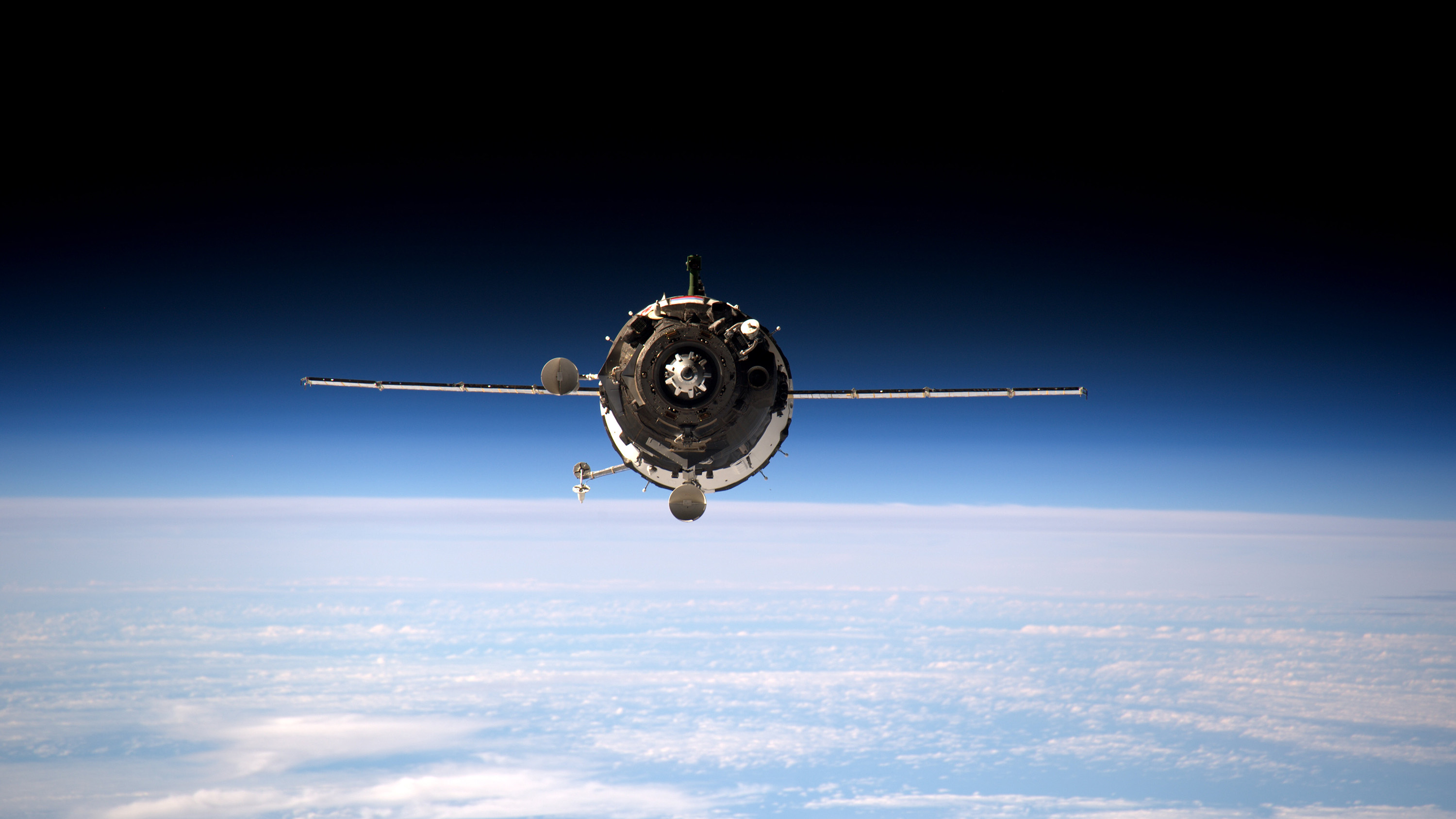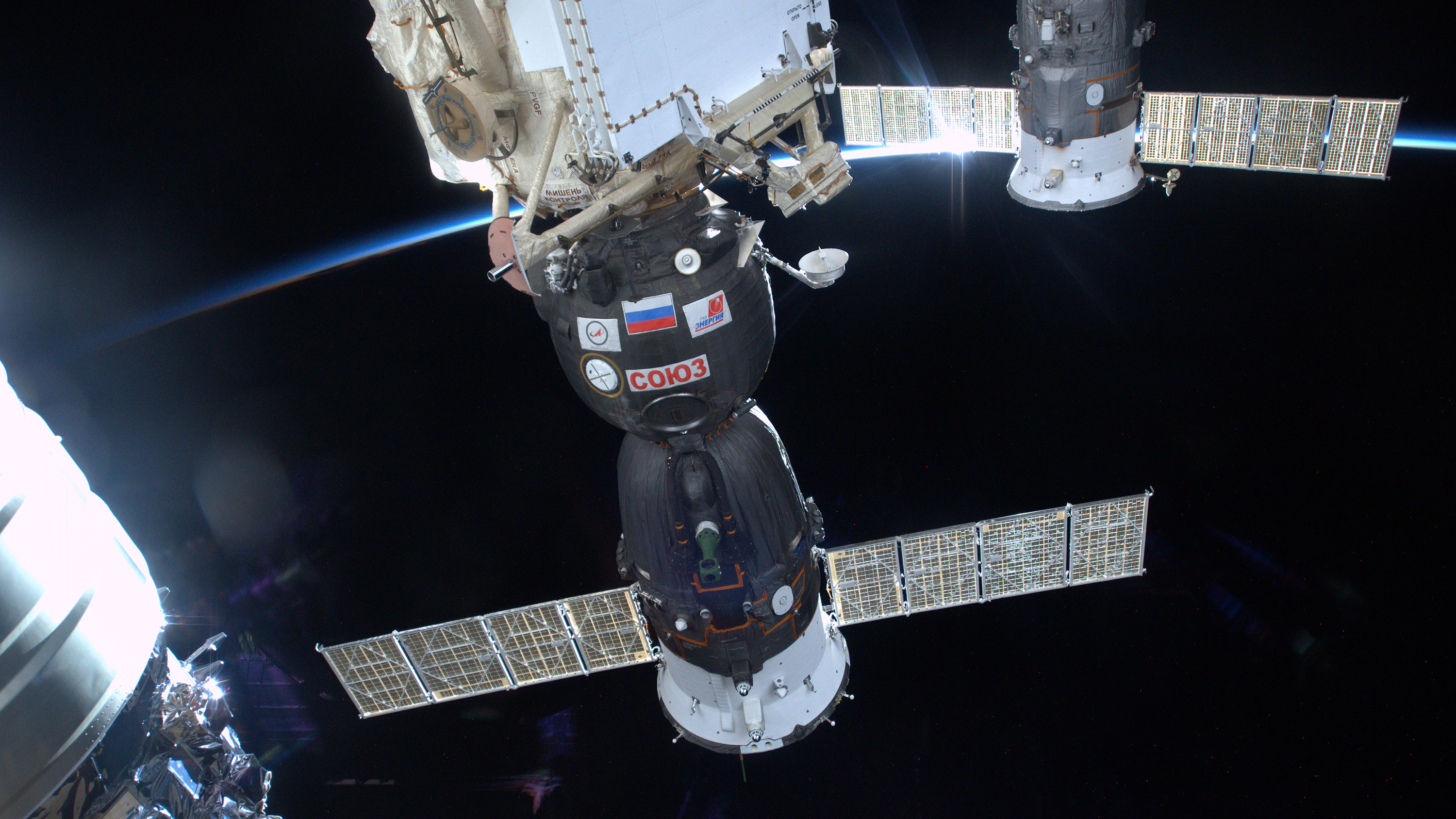
Soyuz TMA-M review
Buying
What should I be paying?
Running costs might not be your immediate concern when it comes to space travel, but owing to such scientific endeavours being fed by taxpayer’s money, they’re a huge consideration.
The cost of a launch – and launch fuel – isn’t something you’ll find out without strong security clearances on your Star City access card, but reports suggest NASA was paying around $80million per seat when it was sending Americans to space on Soyuz between the Shuttle’s retirement and Space X human transportation era.
Each Soyuz burns through 157 tonnes of propellant at launch – pump that much premium grade petrol at your local filling station, and as well as making the cashier quite cross, you’ll also amass a bill of around £280,000 (while setting a new world record for Nectar points). Space rockets swallow something a little stronger than 98 ron, though: a mixture of kerosene and liquid oxygen.
If you’re a user of The Internet, you’ve likely seen Space X’s reusable rocket boosters, which are sent free of the Falcon 9 rocket and land politely back on a platform out at sea. This is doubtless the more sustainable future of space travel, but it’s not one Peake’s Soyuz space craft lived in.
So ‘owning’ is a concept that doesn't really last for long – only one segment of the TMA-M spacecraft returned from space, and it now sits in a museum covered in scorch marks. Not one with much value on the second-hand market, then. ‘Never raced or rallied, but it has been through the Earth’s atmosphere twice and nonchalantly crashed into a desert.’
The filling up of space with idle bits of craft is a cause Peake cares deeply about, though. “What I think we need to be very careful of is the space environment,” he says. “We need to have better regulations to control it from now on, and to clean up all the debris we have put up there in the last 60 years. That’s something we need to be better at.
“All these massive constellations we’re launching now, of thousands of small satellites, we need to be very, very careful that that doesn’t pollute the space environment for future generations. As long as they have a means of coming back to Earth and burning up – destroying themselves somehow and not polluting the space environment – that’s what we need to be careful about.
“But the good news is that most of these small satellites are tiny. We used to have to launch a satellite the size of a London bus – big, heavy things – but now we can do it much cheaper, much smaller, and there are some great companies out there. Skyrora, who are a UK company, are working on very eco-friendly rocket fuel and friendlier methods of launching to space. The space industry is moving in the right direction in terms of environmental friendliness.”
Featured

Trending this week
- Car Review
BMW iX3






